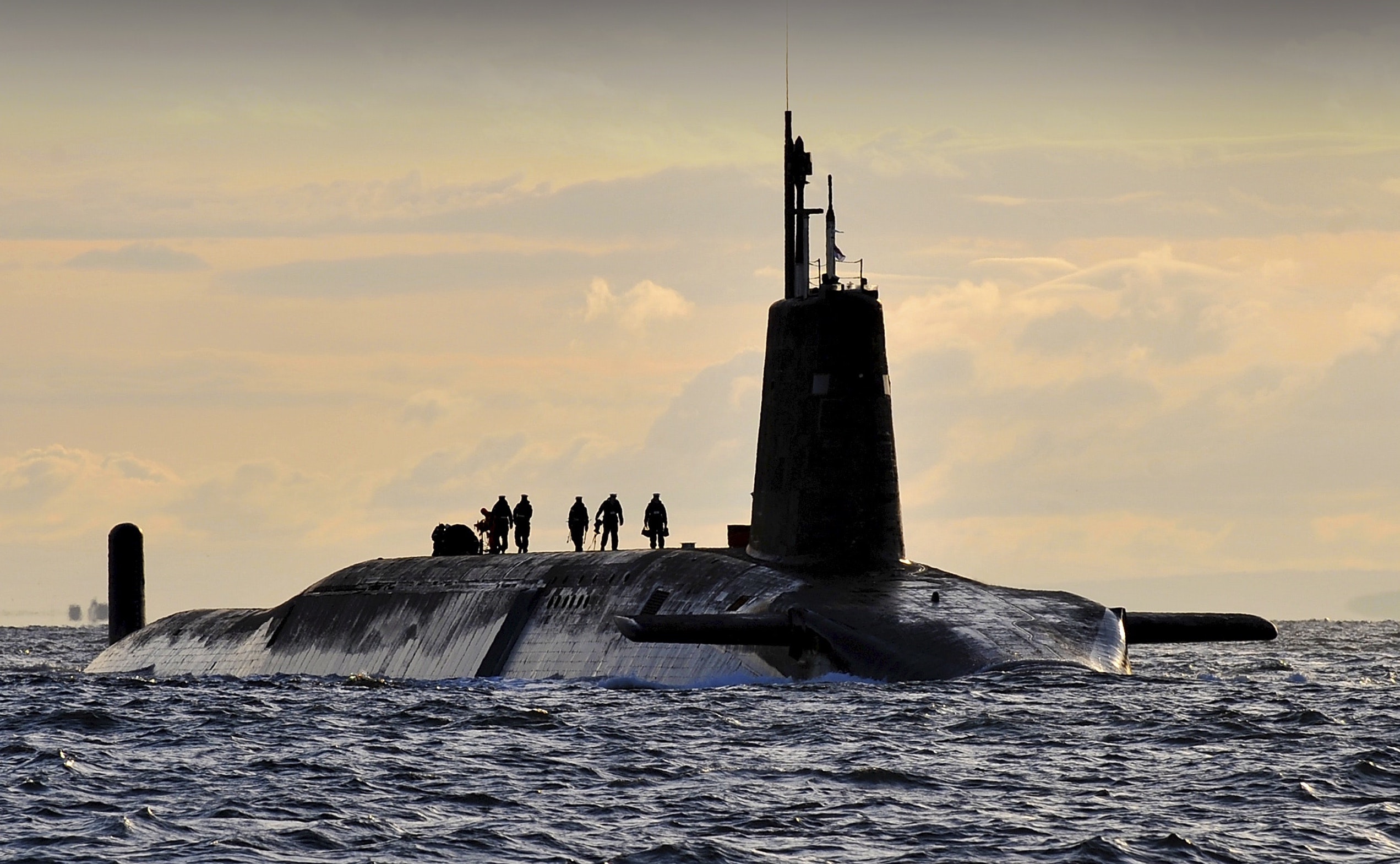The village of Westminster is failing the UK public over Britain’s nuclear weapons policy at this most critical of moments. The Scots are about to vote on whether to leave a Union that is supposedly defended by Trident, and yet Trident is currently the most potent symbol for the SNP of what they claim is wrong with the Union. And the government in London is two years away from a final decision on whether to replace the nuclear weapon system. But in Westminster the deep assumption is that it’ll all be business as usual.
With the strategic landscape on the move in eastern Europe and the Middle East, and the future of the nuclear non-proliferation regime under threat largely from the inability of the nuclear weapon states to agree on effective disarmament, the village is also failing the world. Wrapped up in short-sighted narratives around what they believe is electorally acceptable, narratives that apparently remain immune from opinion polling, political leaderships seem unable to respond to a public largely under-whelmed by their determination to protect massive investments in new nuclear weapon systems whilst other public service and military budgets experience unprecedented cutbacks. The possession of and implicit threat to use nuclear weapons presents a number of deep challenges to our national status and integrity. But these qualities seem lost in a void of leadership.
Tomorrow we at BASIC are publishing the results of the three year Trident Commission, led by three foreign policy grandees from the main political parties, focused on three critical questions: should Britain keep nuclear weapons; if so should it consider alternatives to Trident; and how can it square this with an effective non-proliferation policy?
We populated this Commission with people who have devoted their public lives to serving at the top of our national institutions. They have been highly successful in assimilating and developing the insider perspective. This is not a criticism. Rather, it is a strength, particularly when it comes to finding people who would be able to express their findings in a manner that would be heard within the institutions we are seeking to influence.
The Trident Commission’s concluding report is owned by the Commissioners and it will not necessarily reflect the opinions BASIC. However, our model of change and approach is centred around finding ways to build constructive engagement between individuals with diverse perspectives in order to find areas where we can make progress. We stand resolutely by the publication of the Trident Commission’s final report as a valuable contribution to the debate in this country at this crucial moment in the renewal cycle and we expect it to stimulate a deeper level of discussion around the national security framework.
There remains deep attachment within the national security elite to an argument that in a context where the future is deeply uncertain, with all sorts of existential threats lurking around the corner, it would imprudent to forego a massive miracle weapon that ensures we are treated seriously and with respect when neutralising those threats or seeking to impose world order. Yet the answer the Commission’s report gives may contain some surprises for those who care to read it tomorrow.
The report will identify clearly the ground upon which they believe fundamental debate over British nuclear weapons policy and national security should be fought over. If there are threats that may be relevant to nuclear deterrence in the minds of those responsible for national security, then they need to articulate those threats clearly so that we can all engage in the discussion over appropriate responses. This is what it means to live in a democracy.
Though they believe the record Britain has of nuclear reductions is commendable (some of Commissioners were personally responsible for them), the Commission does not shy away from the recognition that existing Britain’s nuclear weapons policy does not sit easily with a vision of a world free of nuclear weapons. Requiring others to move first or to foreswear nuclear weapons entirely whilst we retain ours is a challenging acrobatic trick we ask our diplomats to perform on a regular basis. And it is not sustainable. It has been a challenge for the Commission to come up with answers to this quandary that will be credible to those states whose cooperation is essential to ensure our world does not descend into strategic chaos. It will be up to the reader to judge whether their attempt has any merit, but it is clearly a debate that deserves far more airtime than it has received up to now.
This Trident Commission will be publishing its report into a national debate in which there may have been more energy devoted than in most other countries, but in which answers credible to the political elites have been few and far between. Many have been reluctant to engage at all, fearful that it could backfire in their faces as passions rise, fearful that they could end up damned whatever position they take. But leadership from a position of such fear is no leadership at all. It is time that Britain’s politicians took genuine responsibility for the power they claim.
The Trident Commission will publicly launch their report in Parliament on 1 July 2014, at which time the concluding report and background papers will become available online here: https://basicint.org/tridentcommission/
For more information, please email Rachel Staley at [email protected].

